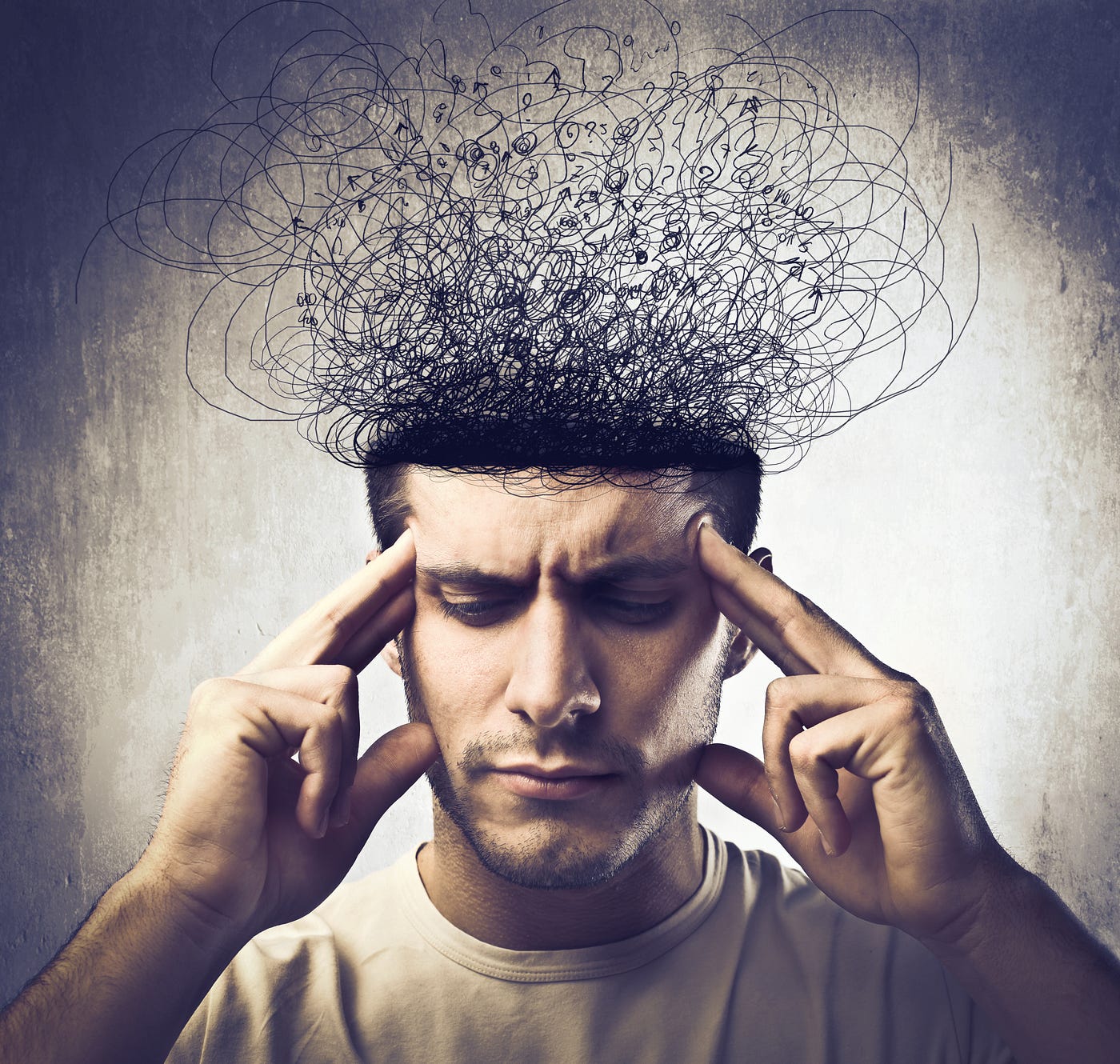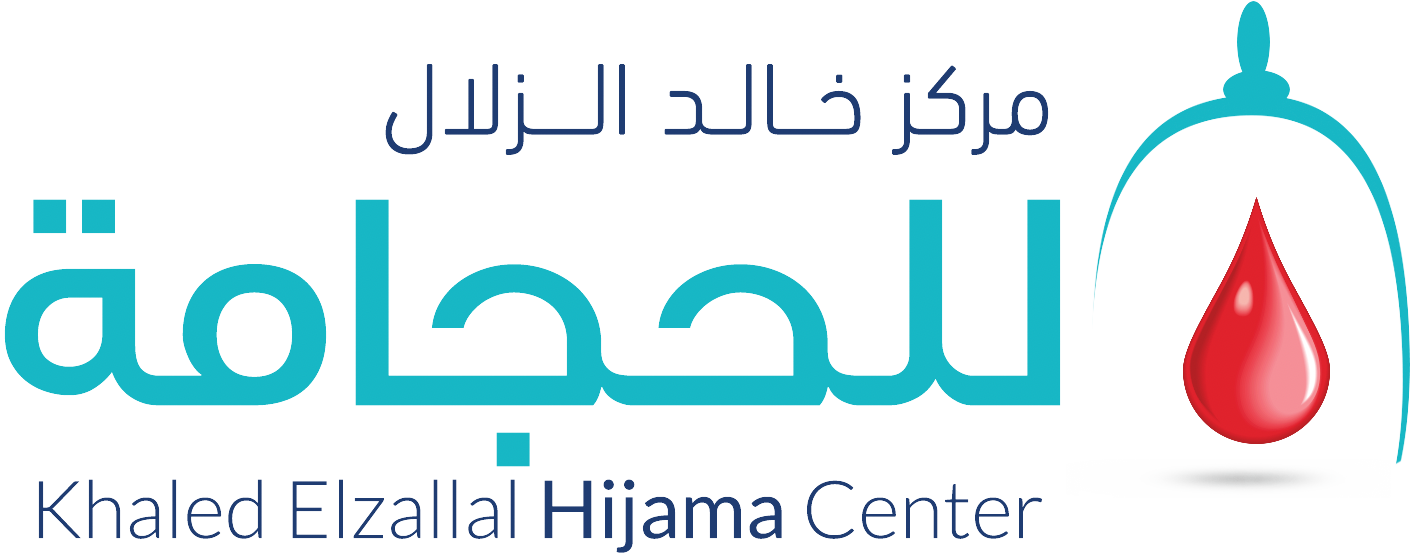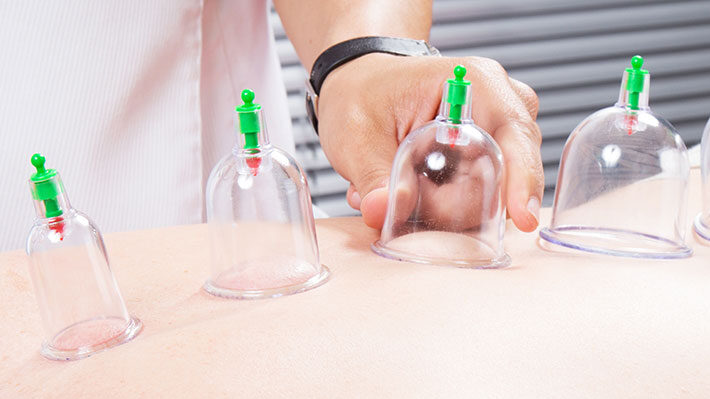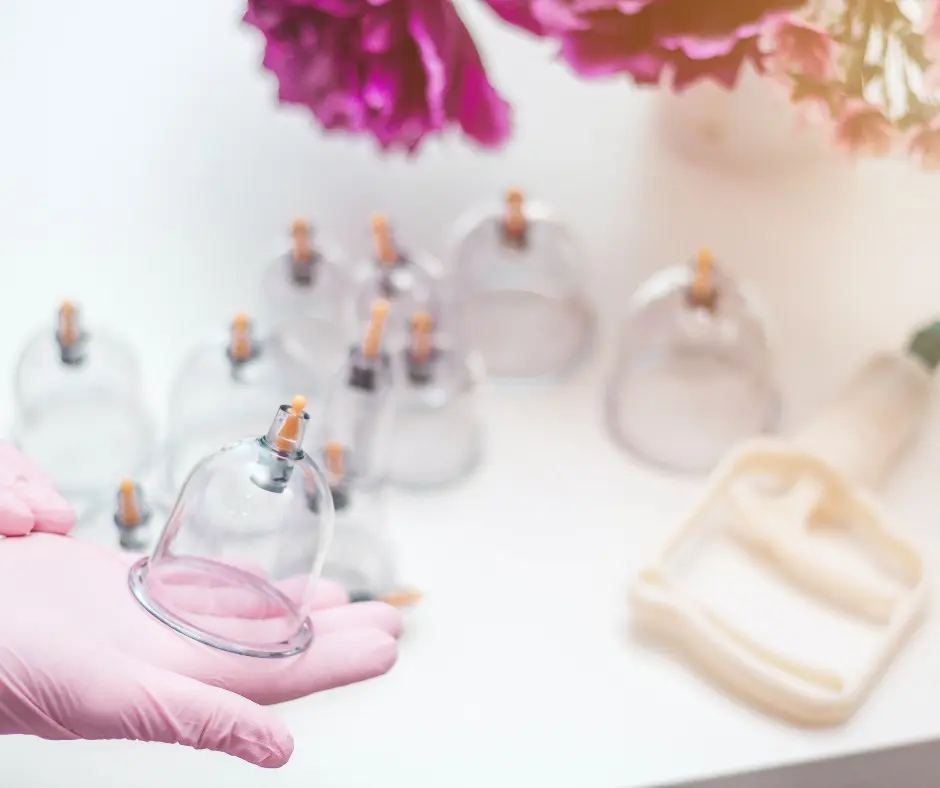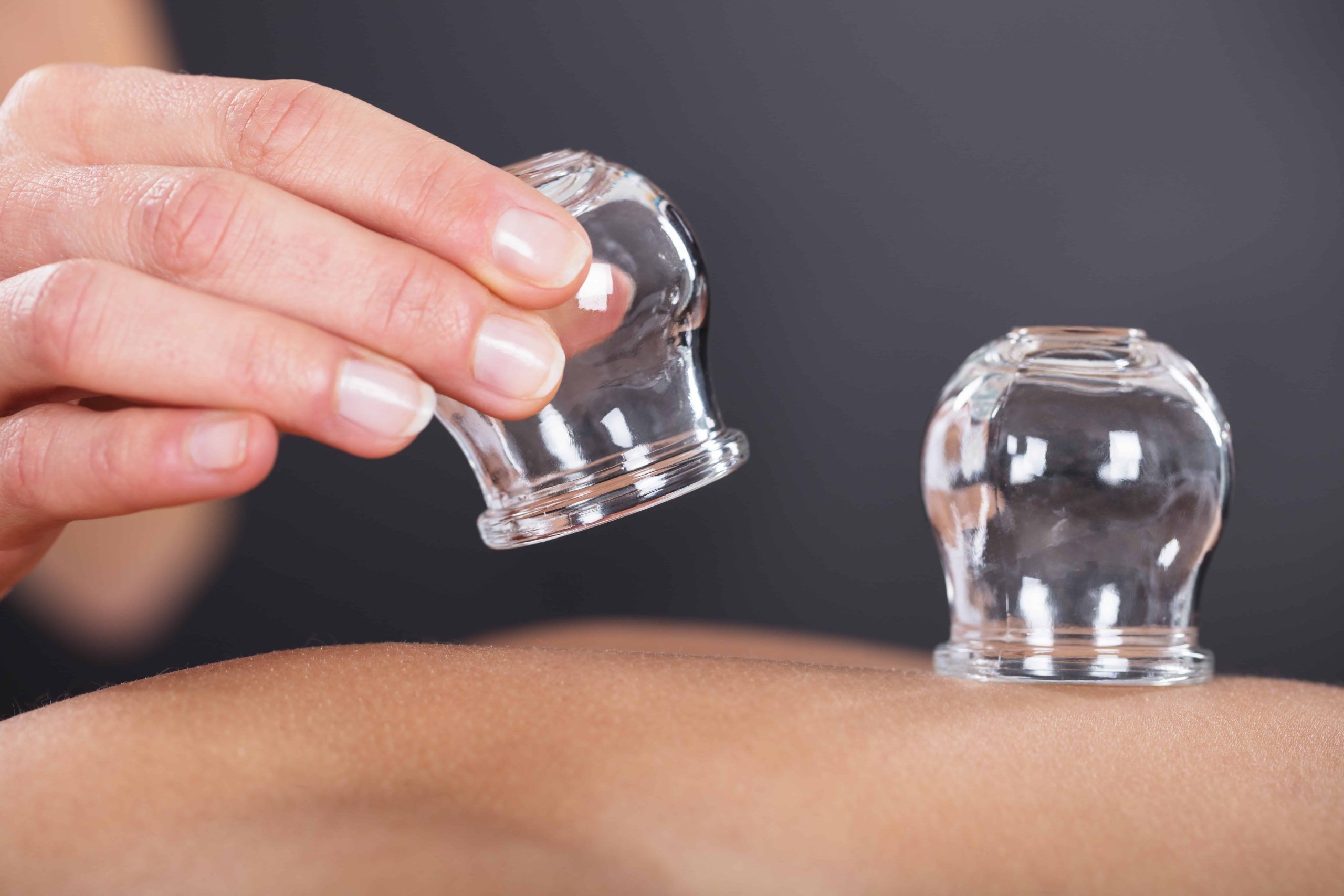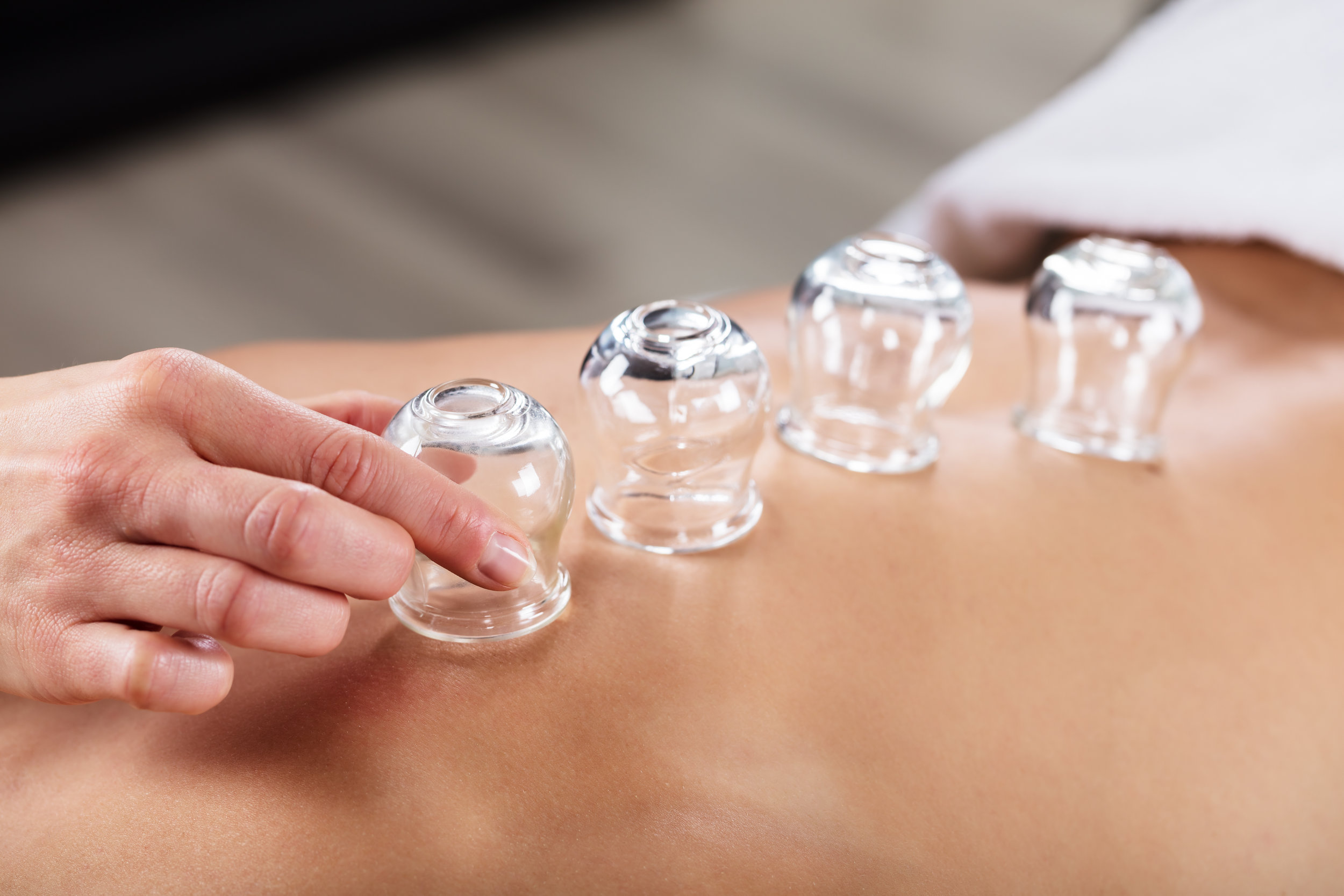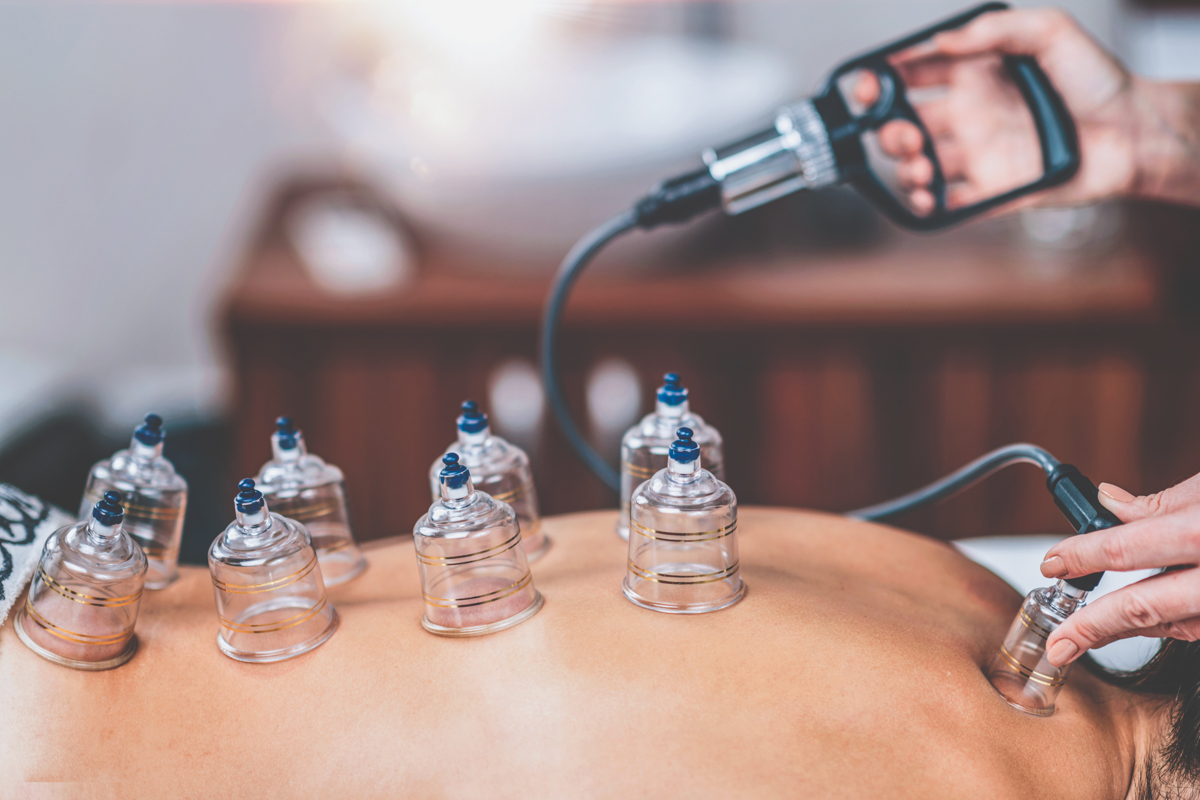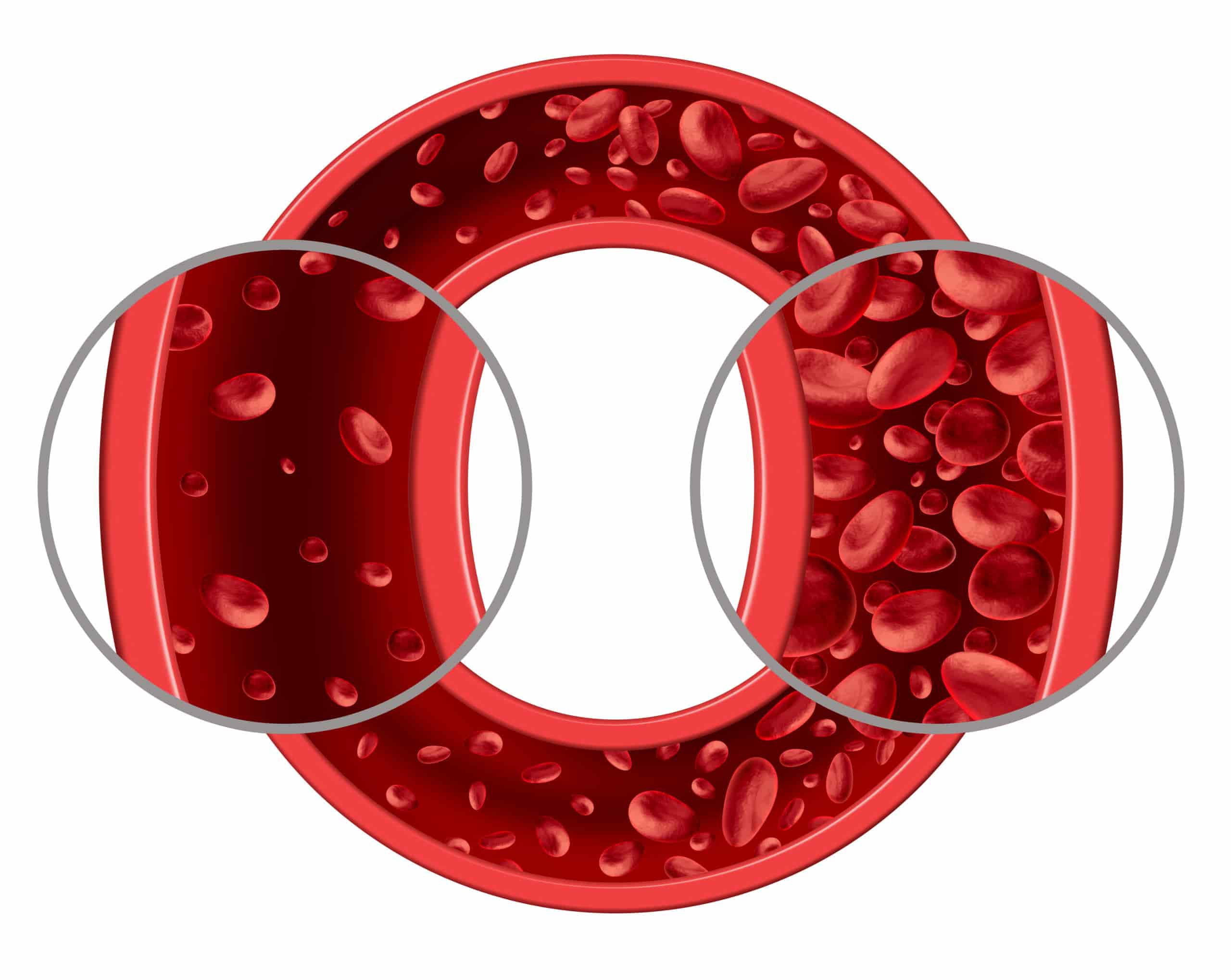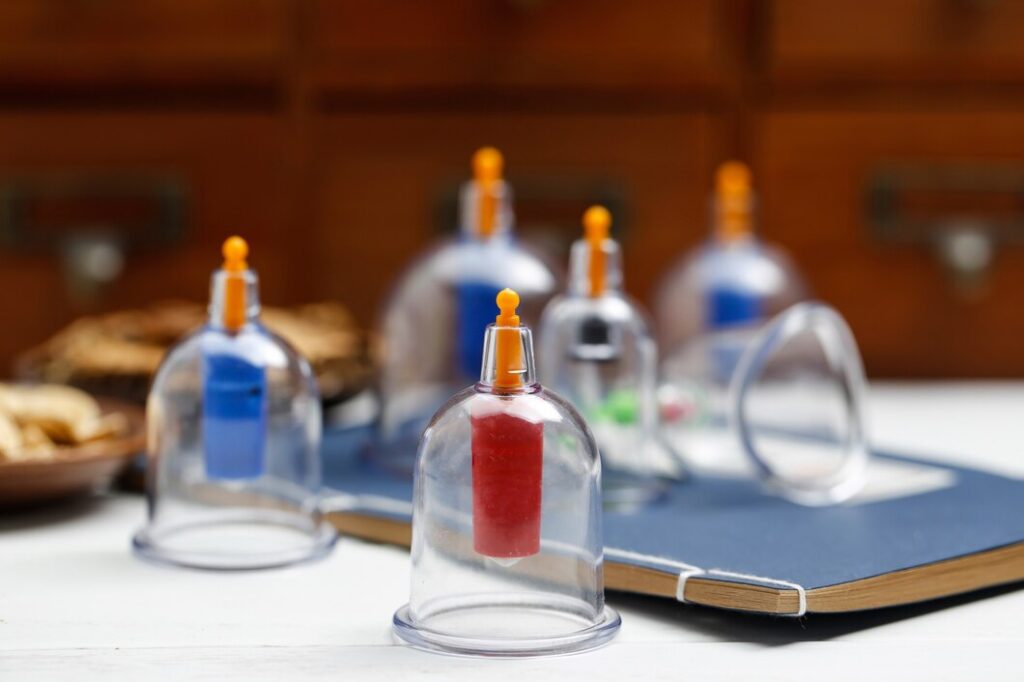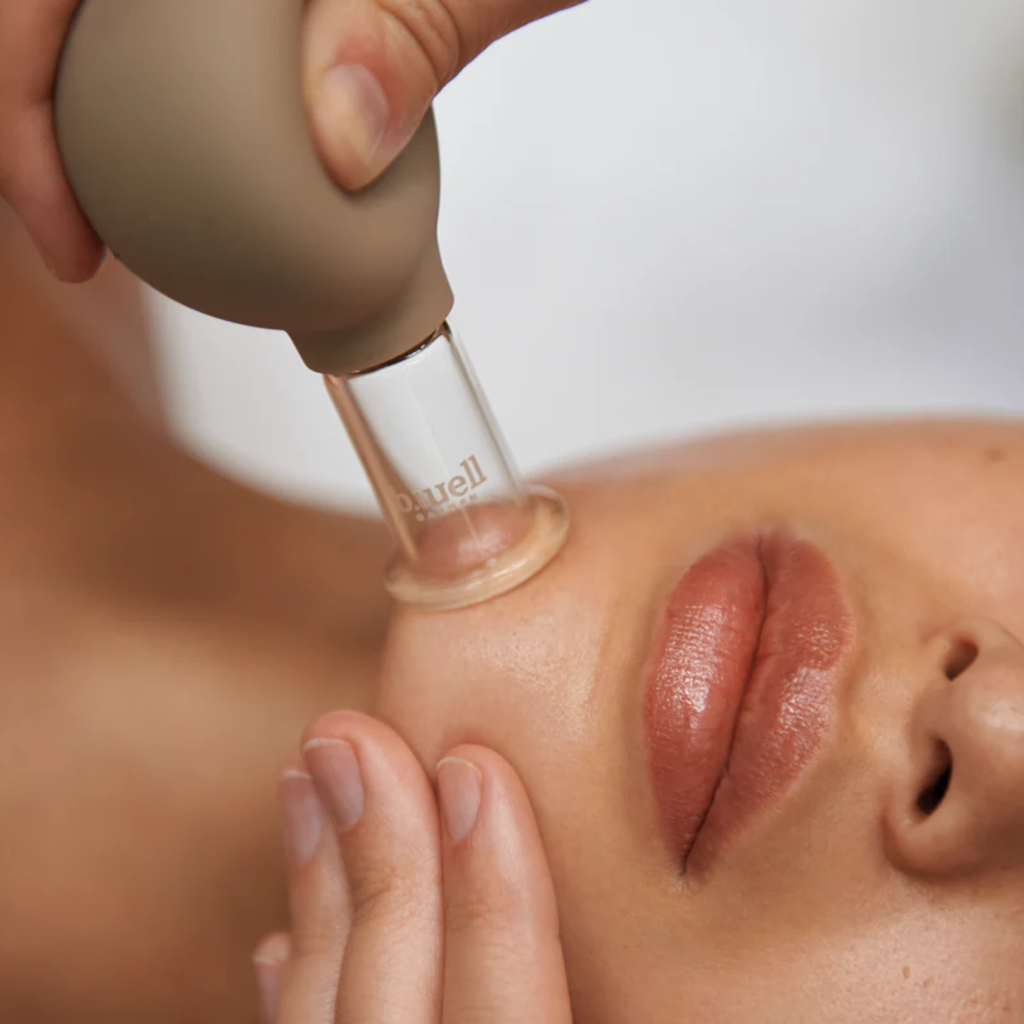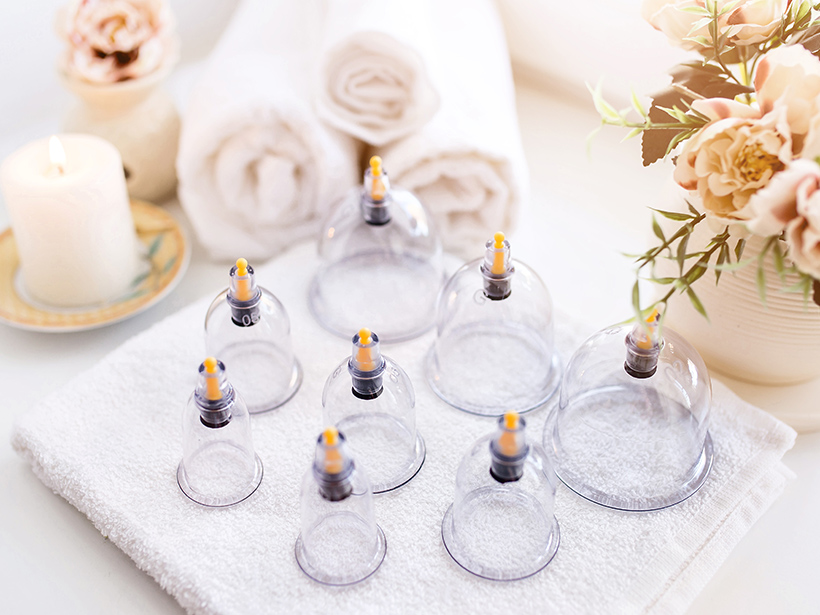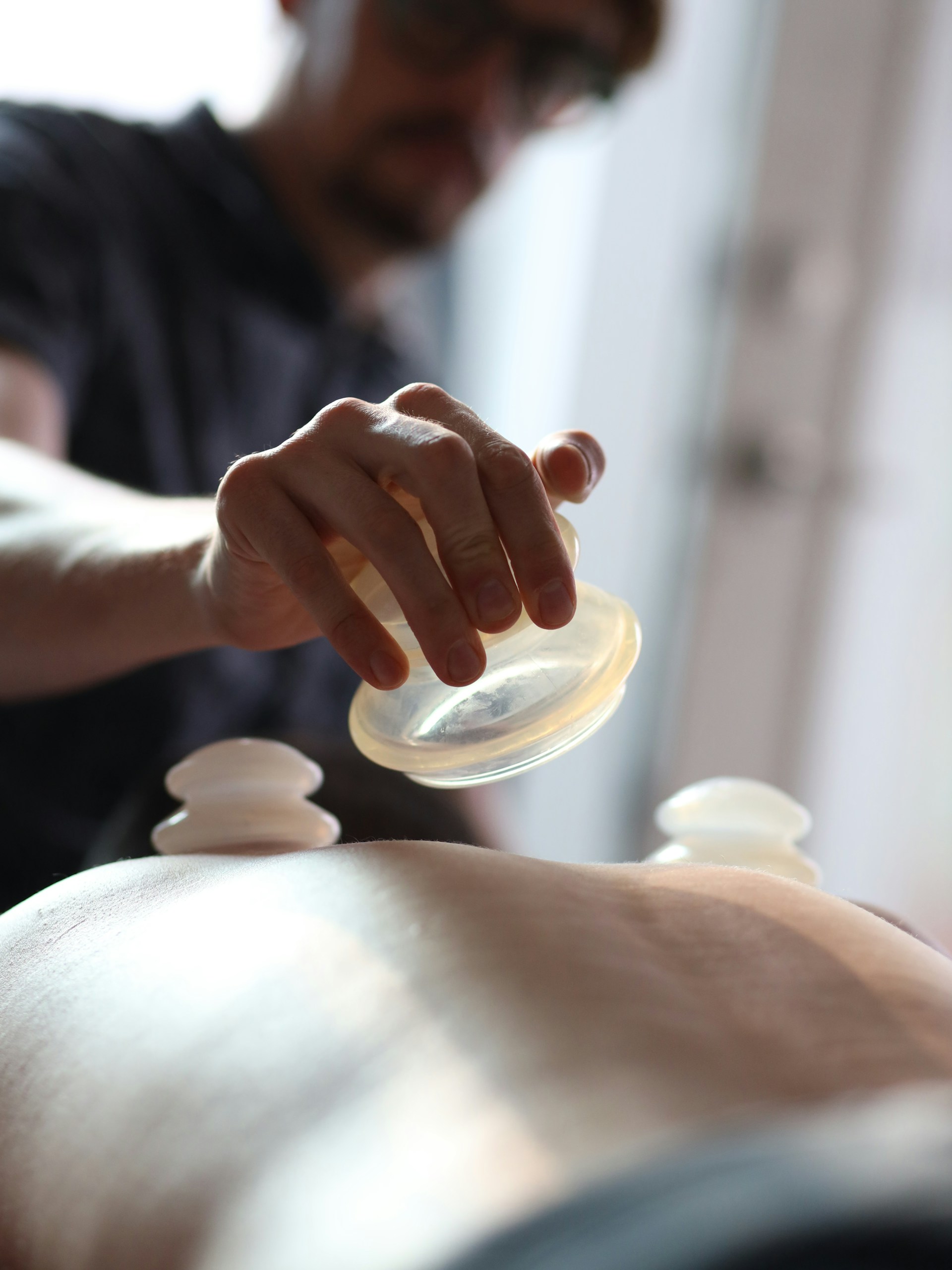Cupping Therapy: A Window of Hope for Treating Stress, Psychological Issues, and Restoring Balance
In the midst of the fast-paced modern life and its increasing challenges, psychological stress and mental health issues have become some of the most common health challenges. While traditional treatment options are numerous, cupping therapy stands out as a unique and promising approach to restoring mental health and achieving psychological balance. This article discusses the remarkable effects of cupping in alleviating anxiety, depression, and stress, while highlighting its potential mechanisms in enhancing psychological well-being.
Other Hadiths also mention preferred times for performing Hijama, such as the 17th, 19th, and 21st days of the Islamic lunar month. These religious texts give Prophetic cupping a special status in Islamic tradition and make it a part of the practical Sunnah.
Cupping Therapy: More Than Just a Physical Treatment
Cupping therapy has long been known for its numerous physical benefits, but its positive effects extend to the psychological aspect of the individual. Cupping is not just a technique for removing stagnant blood; it is a holistic practice that restores the body’s vital balance, which directly reflects on mood and emotional well-being.
Potential Mechanisms of Cupping in Treating Psychological Stress
There are various opinions regarding the precise mechanisms through which cupping alleviates psychological stress, and preliminary research points to several potential factors:
- Promoting Deep Relaxation: The gentle suction of the cups stimulates the sympathetic nervous system, enhancing a state of deep relaxation and reducing the body's stress response.
- Improving Circulation and Oxygen Flow to the Brain: By enhancing blood circulation, cupping increases the flow of oxygen and nutrients to the brain, which is crucial for its cognitive and emotional functions.
- Regulating Hormones Related to Stress and Mood: Cupping may help regulate the release of stress-related hormones such as cortisol and promote the secretion of happiness and relaxation hormones like serotonin and dopamine.

- Relieving Muscle Tension: Psychological stress often accompanies muscle tension, and cupping helps alleviate this tension, contributing to an overall improvement in well-being and reducing the feeling of pressure.
- Soothing Effect on the Nervous System: Cupping is believed to directly affect the nervous system, reducing its overactivity and helping to achieve calm and tranquility.
- Releasing Repressed Emotions: Some believe that cupping helps release repressed emotions and stored negative energy in the body, leading to a sense of liberation and psychological relief.
Cupping as a Complementary Treatment for Anxiety, Depression, and Stress
While cupping is not considered a replacement for traditional treatments for severe psychological disorders, it can be a valuable and effective addition as a complementary treatment. It can help alleviate symptoms associated with anxiety, depression, and stress, improve the patient’s response to other treatments, and enhance overall quality of life.
A Unique Journey Toward Psychological Balance
The experience of cupping therapy for treating psychological stress is unique and personal. Many people feel a sense of calm and deep relaxation after the session, with a reduction in tension and an improvement in mood. With repeated sessions, some may notice a significant improvement in their ability to cope with psychological stress and a reduction in the severity of symptoms associated with anxiety and depression.
Cupping therapy: A Journey Towards Holistic Wellness:
Choosing cupping therapy as part of the journey towards mental well-being represents an acknowledgment of the deep connection between the body and mind. By addressing potential physical imbalances that contribute to psychological issues, cupping opens a window of hope towards restoring mental equilibrium and achieving a better quality of life.
Conclusion
Cupping therapy offers a unique and promising perspective in treating psychological stress and mental health issues. Through its potential mechanisms in promoting relaxation, improving circulation, regulating hormones, and alleviating muscular tension, it can be a valuable tool in an individual’s journey toward mental health and holistic well-being. However, it is essential to consult qualified cupping specialists and combine it with traditional treatments when necessary to achieve the best outcomes. Embracing cupping as part of an integrated approach to mental health care can significantly contribute to restoring mental balance and improving the overall quality of life.
While some early research shows promising results, more rigorous studies are needed to determine cupping’s effectiveness in treating various medical conditions and to establish best practices that ensure patient safety.
Integrating Islamic tradition with modern scientific research can offer deeper insights into this ancient practice and help define its role in contemporary healthcare.

